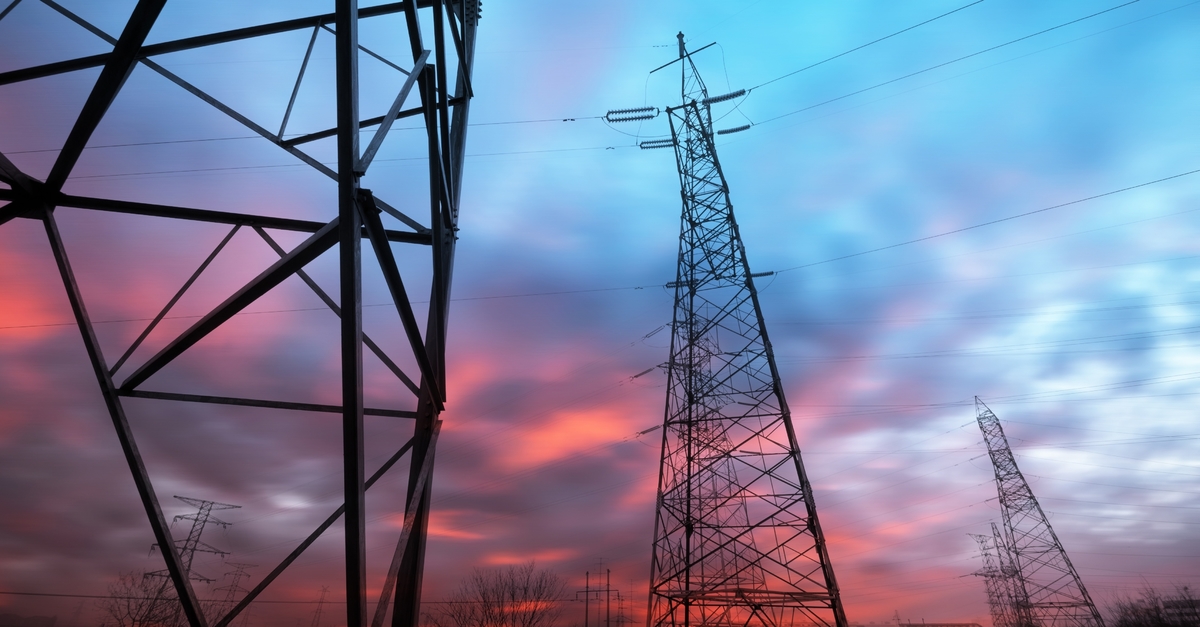Electricity that comes purely and solely from clean, renewable resources is the golden standard in energy. Every advance that is made in energy and power today is moving toward that goal, and while we may be a ways from that scenario, we are getting closer.
At least one politician is trying to move his state even closer to that reality.
This month, California’s Governor Jerry Brown signed into law Senate Bill 100. The bill takes a big step toward clean energy by requiring retail electricity suppliers in California to get all of their electricity from zero-emissions or renewable energy by 2045.
This action goes along with the governor’s executive order to achieve complete carbon neutrality by 2045.
“This bill and the executive order put California on a path to meet the goals of Paris and beyond. It will not be easy. It will not be immediate. But it must be done,” said the governor.
California already leads the U.S. in the percentage of electricity generated from non-hydropower renewable sources. The state is also a leader in hydropower, and includes wind, solar, and geothermal in its renewable energy portfolio. In 2017, the state produced 51% of its energy from hydro, solar, wind, nuclear, biomass, geothermal, and other renewable sources. The other 49% comes from natural gas, which is set to fall over the next few decades.
Already, California has a requirement that 33% of its electricity comes from renewables by 2020, and half by 2030 (not including hydropower). The state currently gets 25% from non-hydro, non-nuclear renewables.
As a whole, California has invested over $2.2 billion in renewables, the highest figure in the country.
Biomass is one of the renewable, carbon-neutral energy sources that has a lot of room to grow and develop in the Golden State. Already, there are 22 operating biomass power plants in the state, and half of the biomass industry calls California home, according to the California Biomass Energy Alliance. Biomass constitutes 6% of electricity production in the state, a figure that has held steady over the past decade.
With the latest wildfires that have swept the state this year, an argument has emerged that solid biomass offers a way to cull overgrown forests for fuel which can reduce the risk of forest fires. It has yet to be seen if this consideration will play a role in policy-making moving forward.
Southern Field maintains vital equipment for the energy industry. Contact our team for more information on how professional, preventative maintenance can cut costs and risk and save money.


